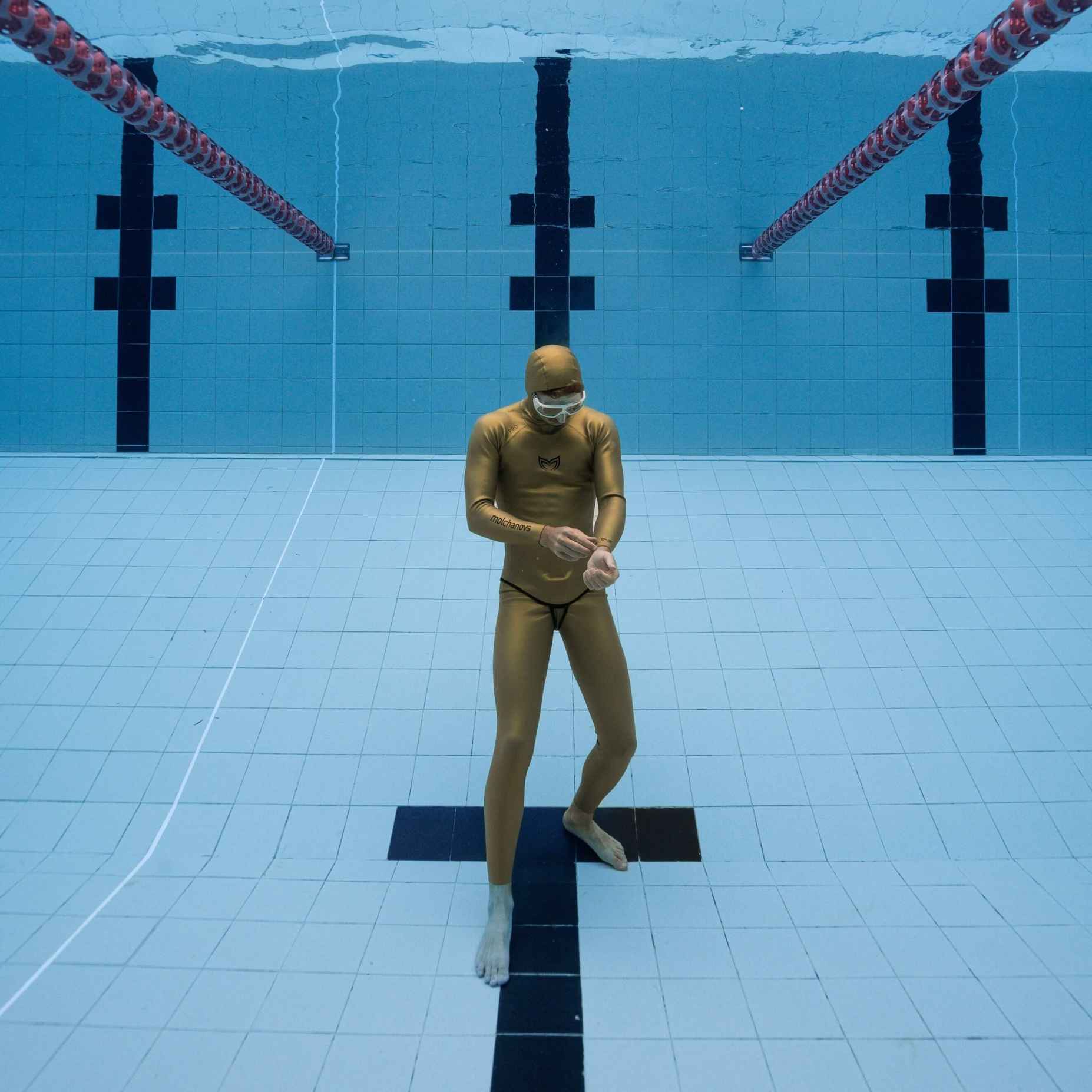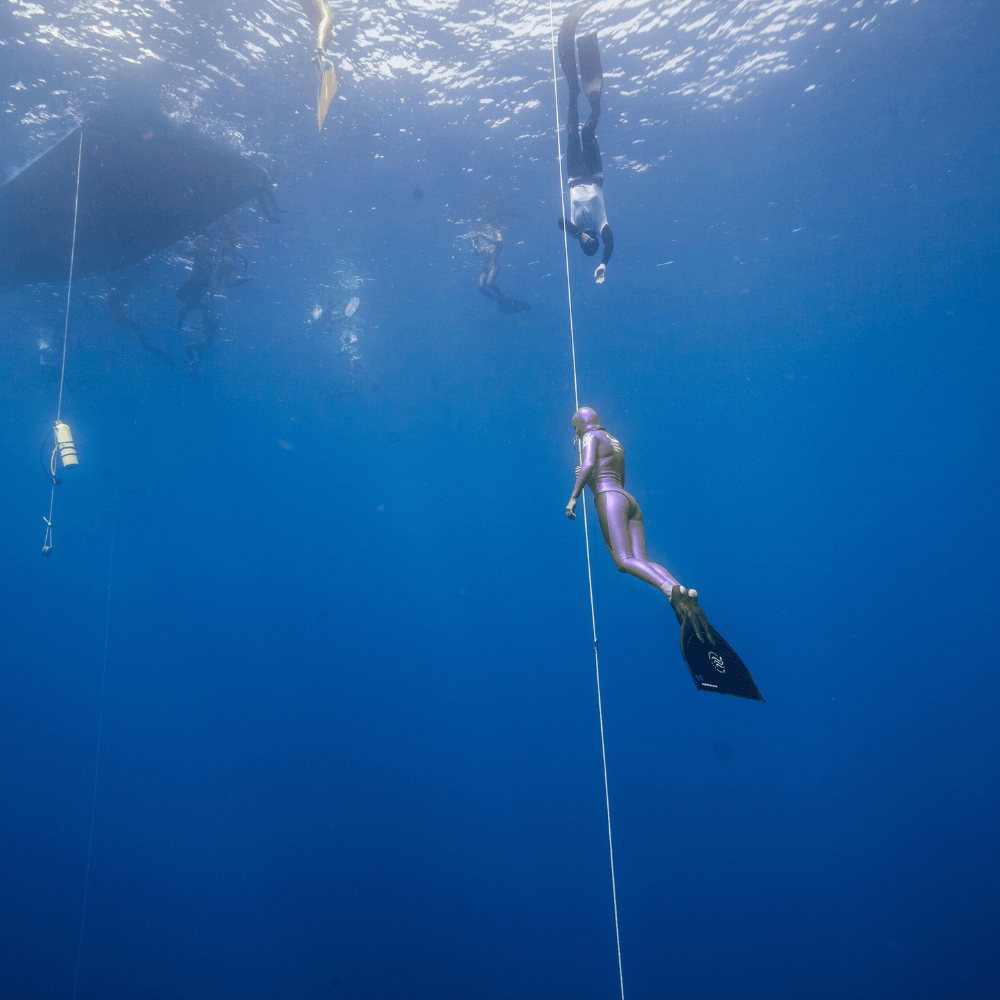Latest
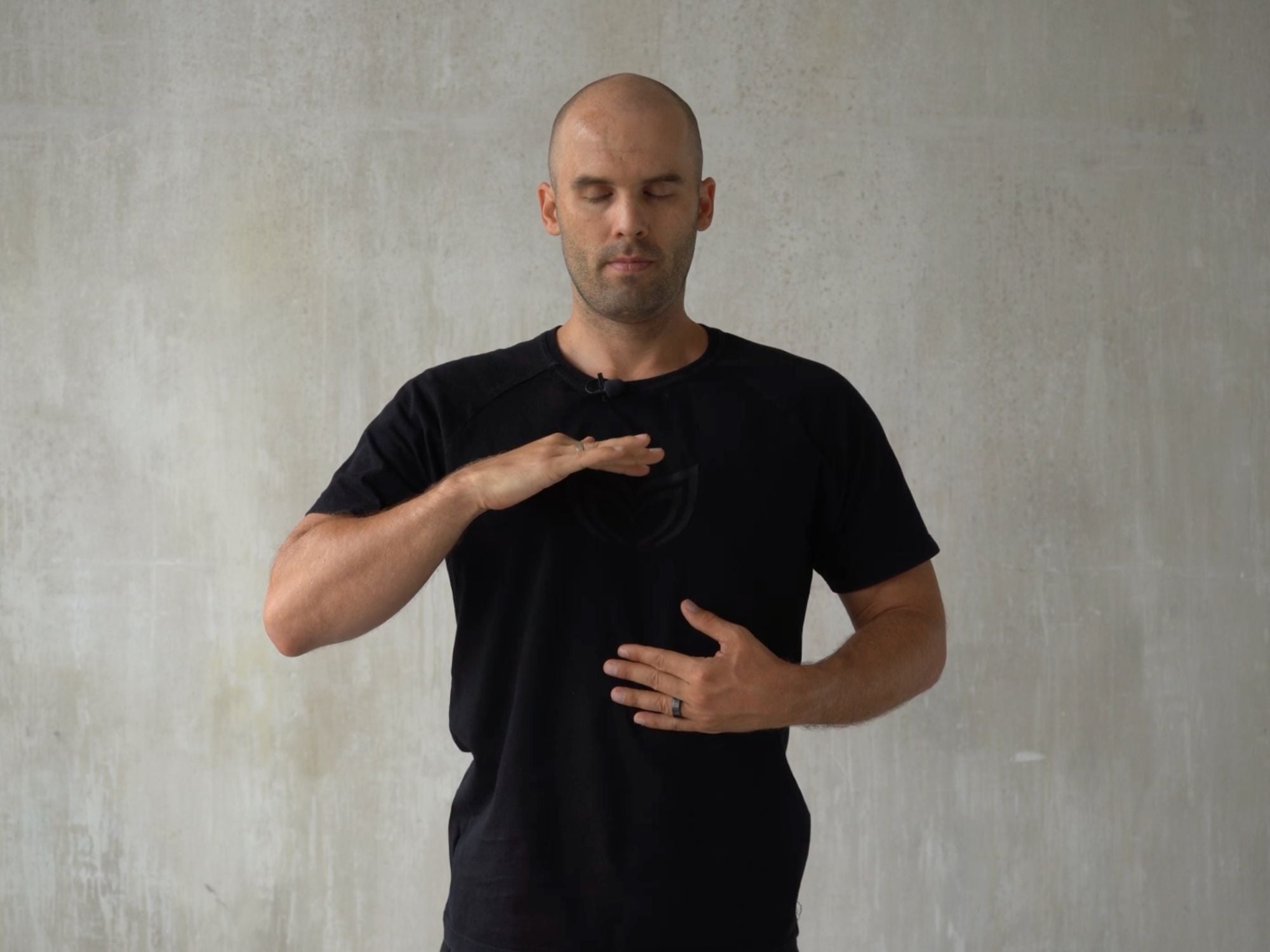
The average vital capacity (VC) of the lungs in an average, adult male ranges between 3 - 5 liters (L).
Someone should tell that to freediver Alexey Molchanov, who has set over 20 world records in freediving and is a 20x+ World Champion. He estimates that in peak shape before competitions, his VC goes up to an incredible 8L, and his total lung capacity with packing is roughly a mind-blowing 11L. We (virtually) sat down with Alexey to quiz him on this incredible progress and find out the secrets behind his success.
Continue reading
Someone should tell that to freediver Alexey Molchanov, who has set over 20 world records in freediving and is a 20x+ World Champion. He estimates that in peak shape before competitions, his VC goes up to an incredible 8L, and his total lung capacity with packing is roughly a mind-blowing 11L. We (virtually) sat down with Alexey to quiz him on this incredible progress and find out the secrets behind his success.
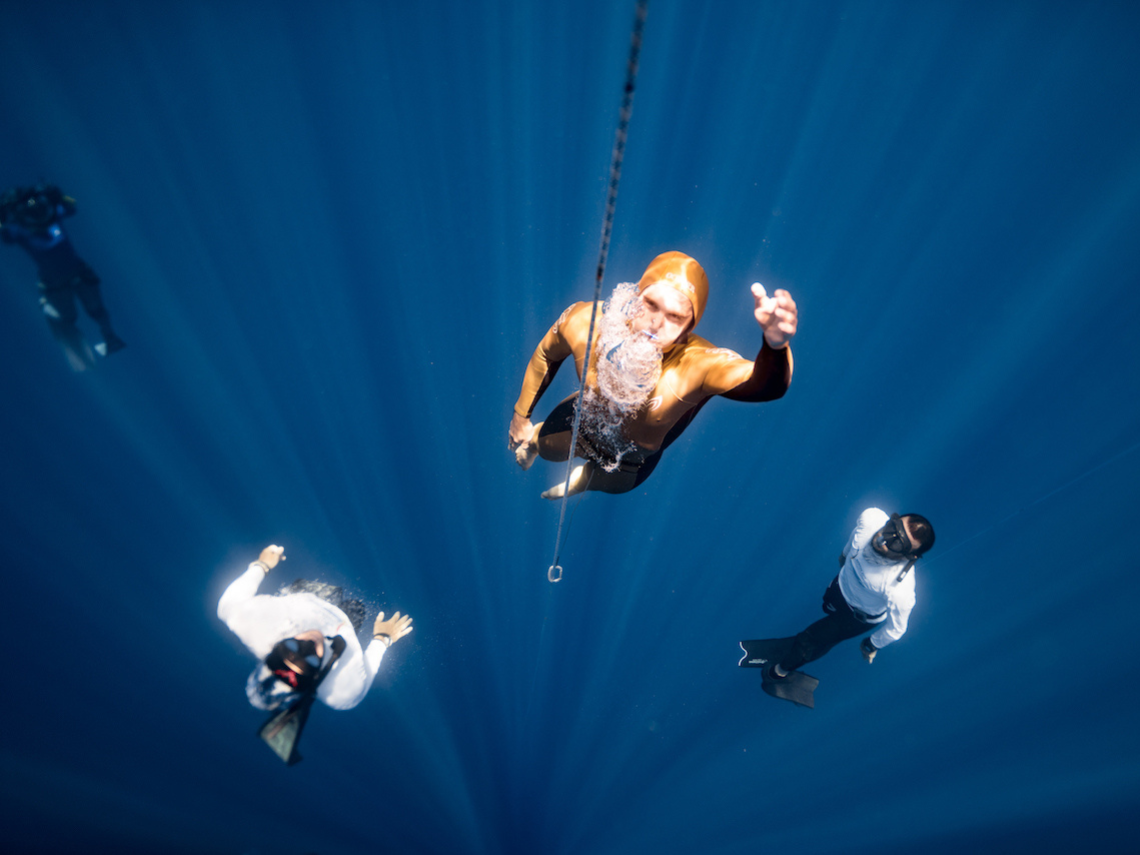
In this article, we go over the types of lung measurements and their definitions, the importance of breathing awareness, mobility, and flexibility, and how these factors affect your freediving. We also will talk about a new Base Training + program, Foundational Breathwork with Alexey Molchanov, and its benefits for freedivers.
Continue reading
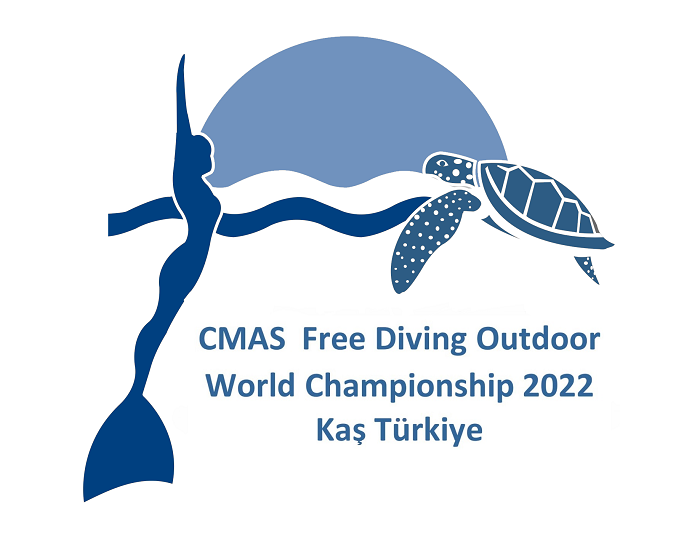
On October 1, the final major freediving competition of the year - CMAS 6th Freediving Outdoor World Championship 2022 - begins. The event promises to be rich with remarkable achievements and unexpected twists. Here are our reasons why.
Continue reading
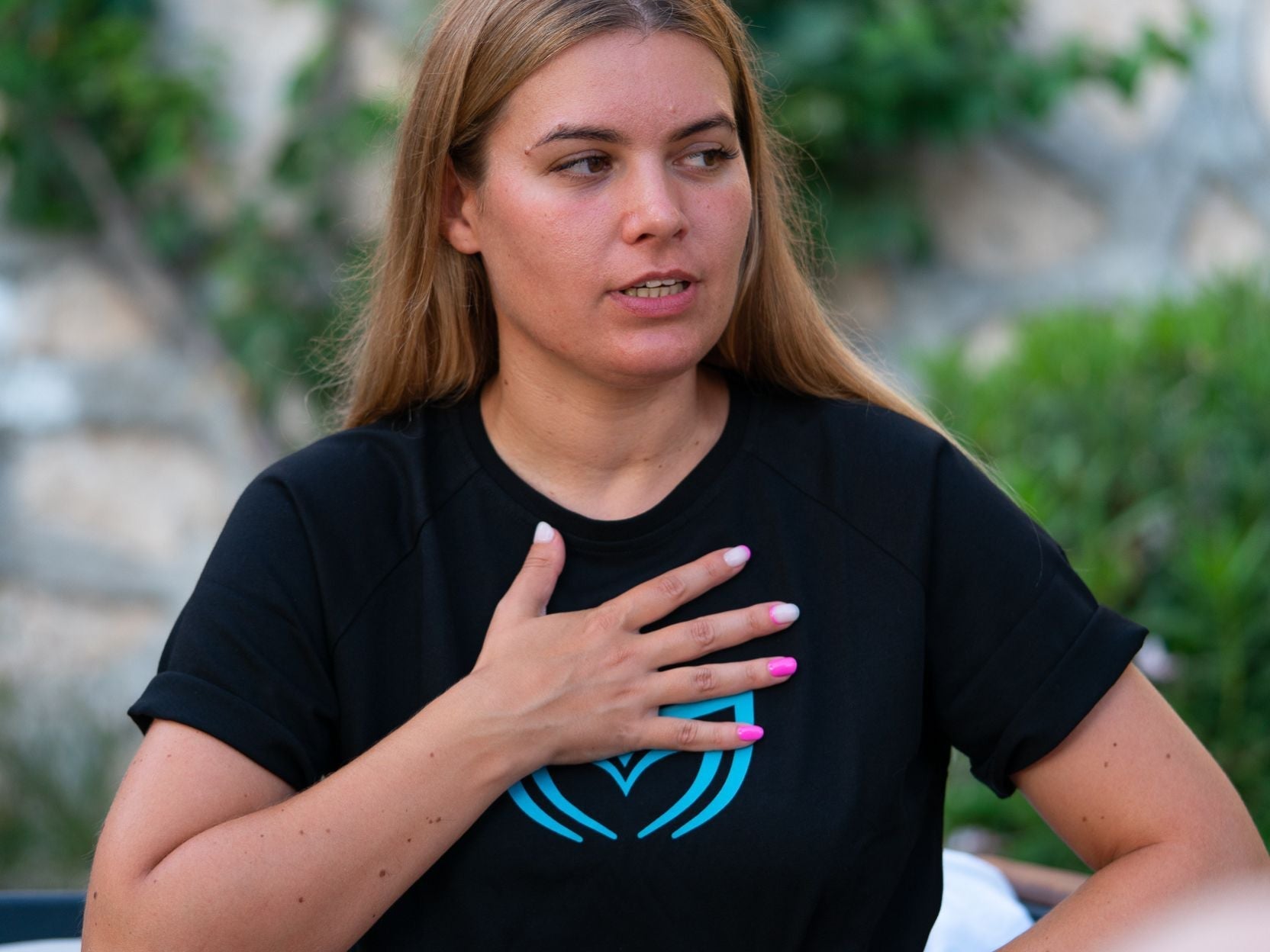
Breathing correctly is just as much a part of freediving as breath-holding. While the benefits of breathwork in freediving include increased lung volume, longer breath-holds, and breathing muscle flexibility, did you know that incorporating breathwork in your daily life has plenty of non-freediving benefits?
Continue reading
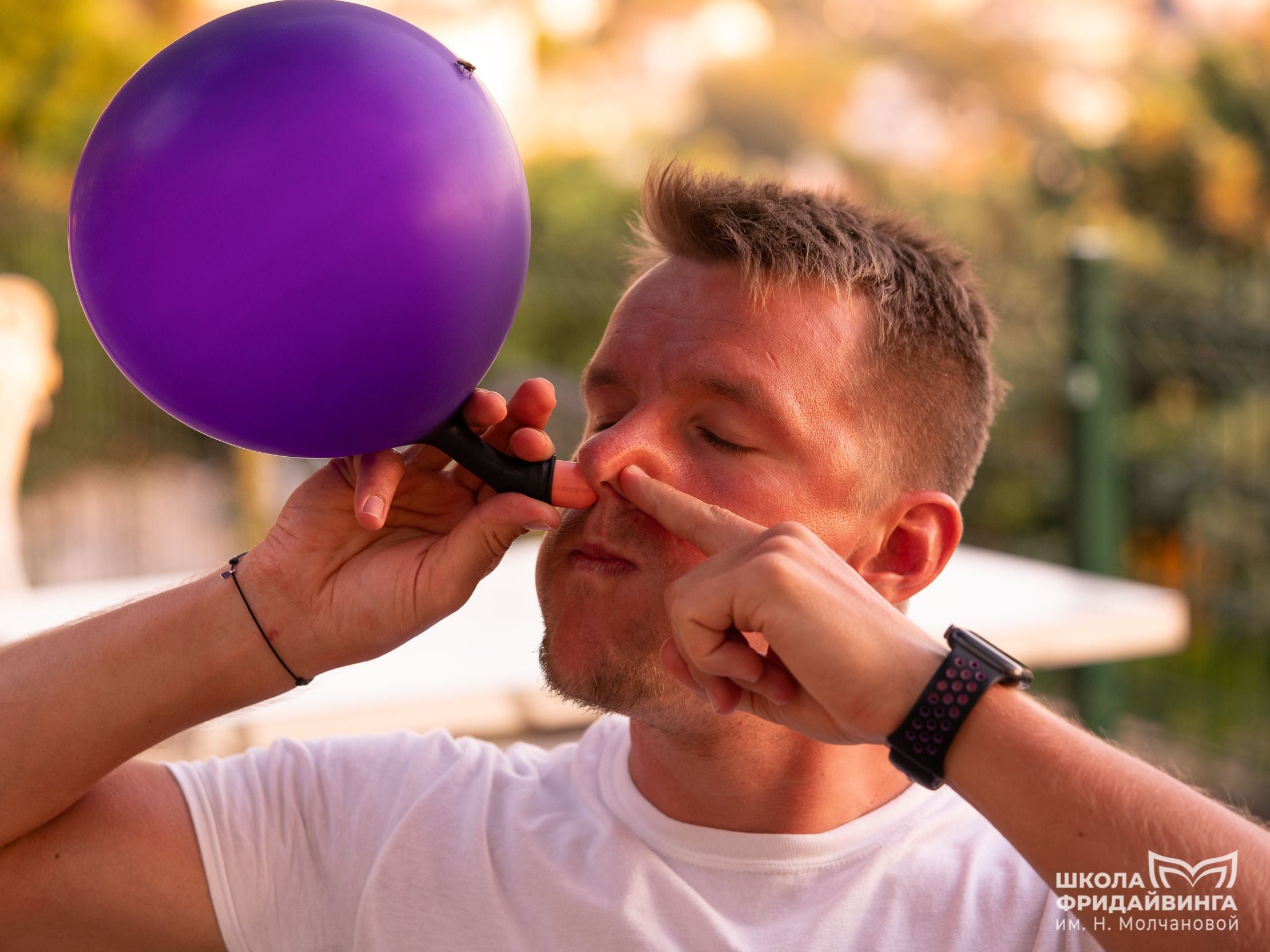
Did you know that not all freediving training has to happen in the water? That’s right - a lot of key freediving training can happen on land and with no buddy necessary! That means that even if you are landlocked and have no pool near you (or your pool does not allow freediving), your training progress does not have to be interrupted - you can dry train anywhere. So whether you are in-between freediving courses, feeling exhausted from too much in-water training, or just going through an extended dry period on land, you can still stay freediving-ready for the next time you get back in the water. So what are the 5 key areas to focus on in dry training for freediving?
Continue reading
